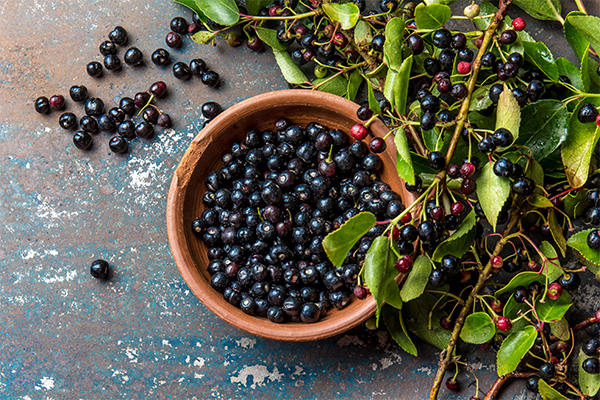Detrimental to gut health, metabolism, blood sugar: Research reveals the toxic effects of sucralose
05/16/2019 / By Cassie B.

When it comes to good health, there aren’t really any shortcuts. Sugar is bad, and if you think you’re doing your body or your weight any favors by using sugar substitutes, you could be in for a very unpleasant surprise once all of their negative health effects catch up to you. Even one of the substitutes that many people consider superior to controversial aspartame, sucralose, causes a host of toxic effects.
Sucralose, familiar to many as Splenda, is used not just by those who want to avoid sugar but also those who don’t want the negative effects of aspartame. Unfortunately, they’re just trading one bad habit for another by taking this route.
In fact, the chemical’s initial approval came about under very dubious circumstances. Although the FDA says its approval was based on more than 110 studies into animal and human safety, only two human trials had been published at that time – and they only involved 23 people taking sucralose over the course of just four days. Moreover, one study examined tooth decay rather than human tolerance. The human body’s absorption of sucralose was only studied on six men, yet somehow the findings were allowed to be extended to groups that were never even examined, like children, women and those with chronic illnesses.
That might be somewhat forgivable now if the substance had proven itself to be harmless over the years, but that’s simply not the case. It’s especially dangerous for your gut, reducing gut bacteria by as much as half and targeting beneficial bacteria in particular. It also raises the pH levels within your intestines, and it accumulates in fat tissue. It also shows up in breast milk, threatening the gut bacteria of babies.
A 2018 study published in the journal Morphologie found that sucralose causes liver damage, and prior studies had linked it to enlargement of the kidneys and liver as well as kidney calcification. It can also shrink the thymus and increase immune system cells known as leukocytes in the lymph nodes and thymus. It could also exacerbate the symptoms and inflammation of Crohn’s disease. How can this be considered harmless?
Raising your risk of diabetes
Diabetics often turn to artificial sweeteners because they need to limit their sugar intake, but going with sucralose could prove to be a huge mistake. Sucralose has been shown in studies to alter the body’s levels of insulin and glucose, placing people at a higher risk of Type 2 diabetes and negatively impacting those who already have the disease. Obese people who use sucralose have noted increases in peak plasma glucose concentrations, insulin, and peak insulin secretion rates as well as reductions in insulin clearance.
Tricking your body into storing more fat
A lot of people make the switch to artificial sweeteners out of weight concerns, but doing so can actually have the opposite effect as artificially sweetened foods have been shown to stimulate appetite, increase carb cravings, and trick your body into storing more fat. In fact, some studies show that they are more likely than regular sugar to cause unwanted weight gain.
What about those studies that claim to support its safety? Not surprisingly, the vast majority of these have been funded by the industry or even carried out by them. For example, the lead author of a 2017 study concluding sucralose doesn’t impact glycemic control works for the company that owns Splenda. A 2017 review in Food and Chemical Toxicology that claimed sucralose is safe as a sugar alternative was commissioned by a trade association representing companies that make food with sucralose.
The bottom line is that sugar is bad for you in all its iterations. Don’t try to trick your body; you’re going to have to limit all sugar and sweeteners if you want to be healthy. If you do want to splurge every now and then, just stick to real sugar as long as you’re not diabetic and do your best to eat healthy overall and get plenty of exercise to make up for the occasional lapse.
Sources for this article include:
Submit a correction >>
Tagged Under:
blood sugar, deception, gut bacteria, incredients, metabolism, obesity, research, slender, Splenda, sucralose, sweeteners, toxic ingredients, Type 2 Diabetes, weight gain, weight loss
This article may contain statements that reflect the opinion of the author
RECENT NEWS & ARTICLES
BloodSugar.News is a fact-based public education website published by Blood Sugar News Features, LLC.
All content copyright © 2018 by Blood Sugar News Features, LLC.
Contact Us with Tips or Corrections
All trademarks, registered trademarks and servicemarks mentioned on this site are the property of their respective owners.





















